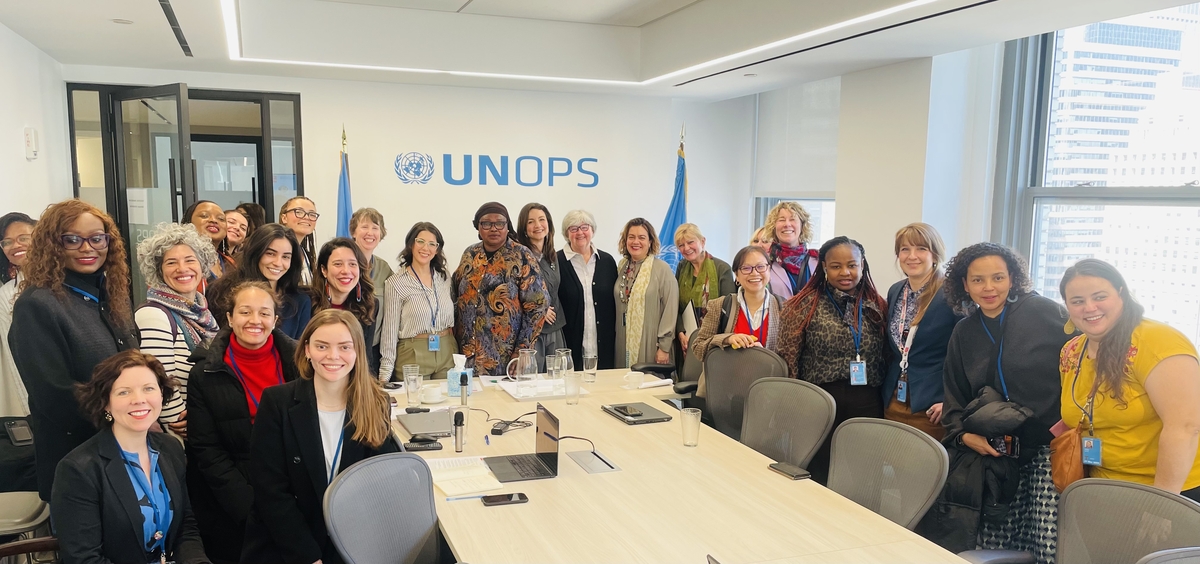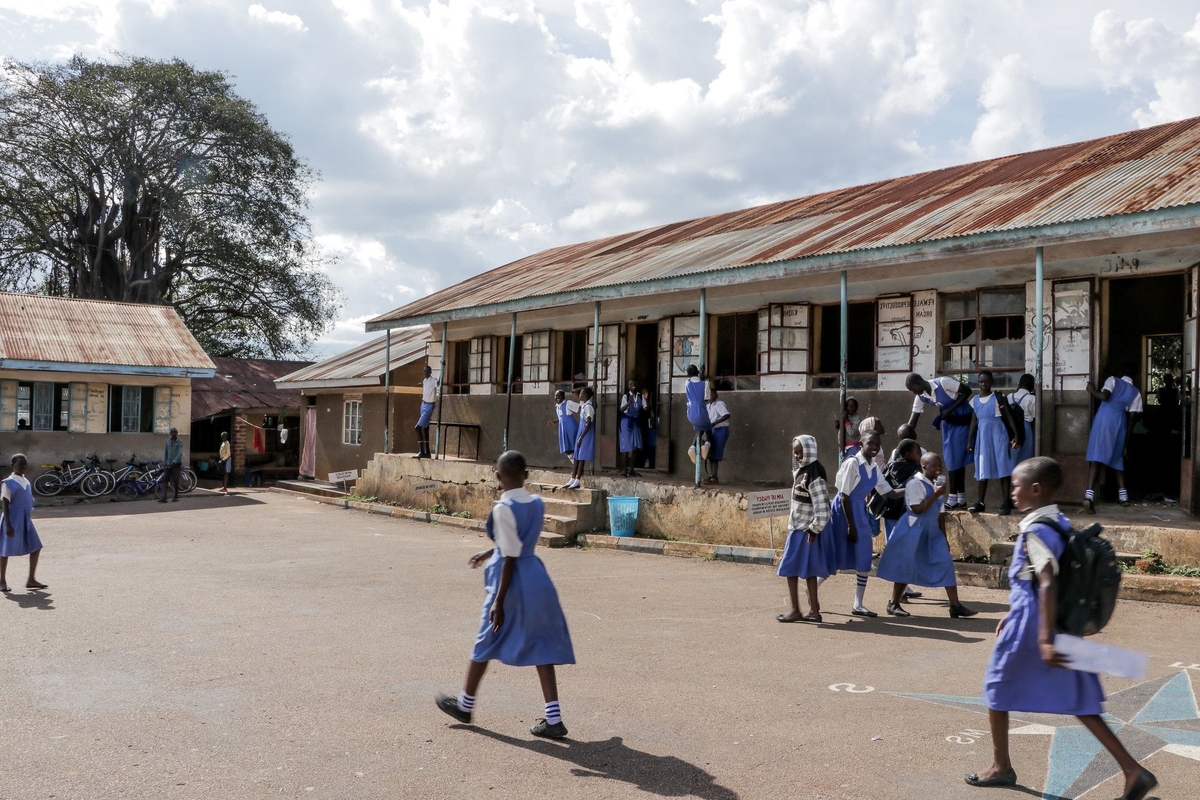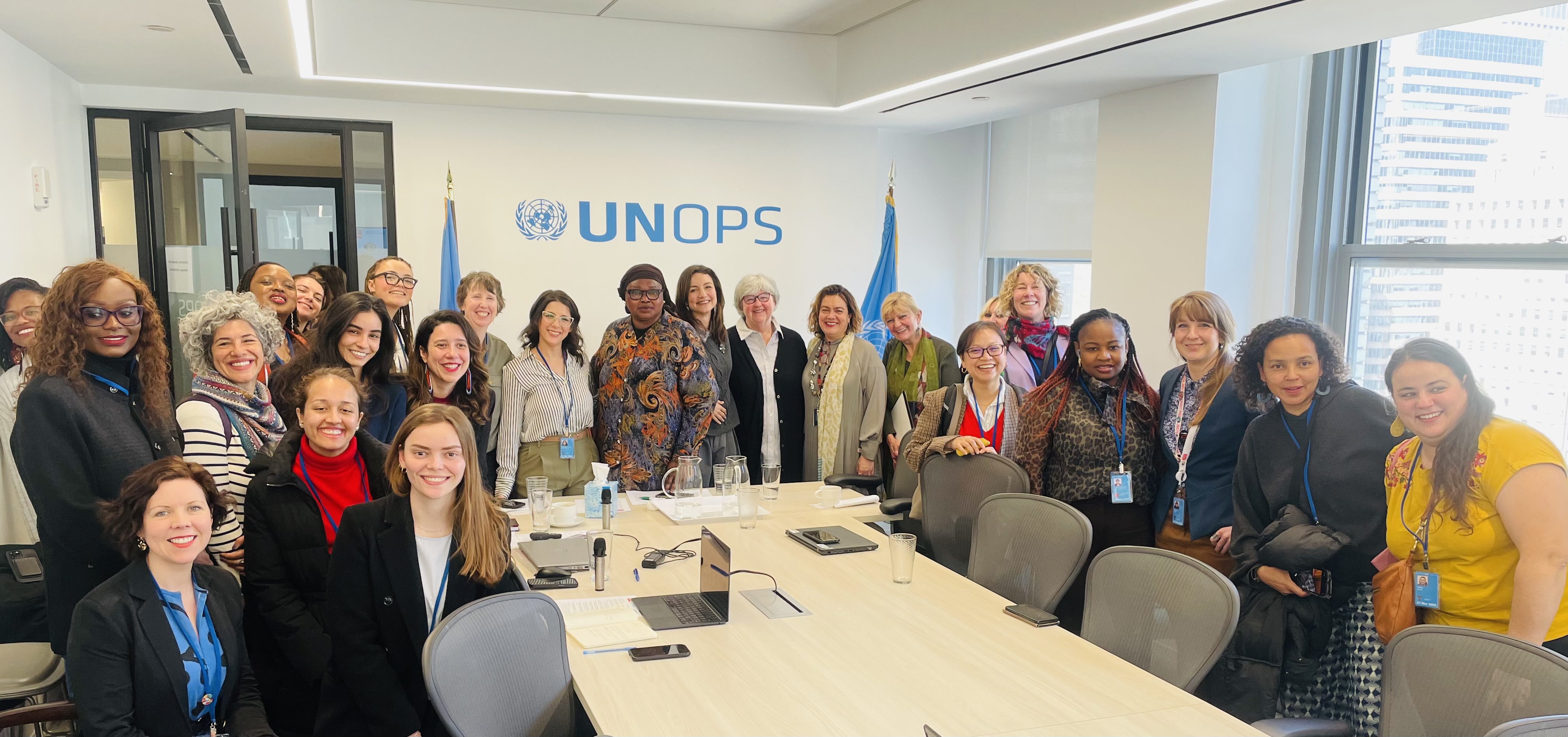Gender equality has made significant progress in the past thirty years. The global momentum, particularly following the Beijing Conference in 1995, has fostered tangible changes for millions of women. However, the CSW69 reminded us that these advances are increasingly at risk. The erosion of women's rights is not a distant threat; it is happening now, with alarming shifts in laws and protections worldwide.
The discussions at CSW69 reaffirmed that women’s rights must remain at the forefront of global discourse. 'These anniversaries provide an opportunity not only to celebrate achievements but also to assess persistent challenges and reaffirm our commitment to gender equality, said Michelle Bachelet, former President of Chile, during the event on celebrating feminist leadership. Bachelet's words echoed the urgent need for continued advocacy and action. 'When a woman enters politics, she changes. But when many women enter politics, politics changes, she added, emphasising the transformative potential of women's leadership in shaping a more just society.
The message at CSW69 was clear: we cannot afford to take a step back. The erosion of women's rights is not just a matter of political shifts; it is a societal issue that requires urgent and collective action. It is crucial to build alliances across sectors, nations, and political divides. Minister Ana Redondo of Spain aptly stated, "This is the moment to advance with firm steps. Every time there is a crisis, the first rights to be affected are those of women. We must move forward in honour of the women who fought before us." This sentiment was echoed by numerous speakers, underscoring the importance of solidarity in the face of adversity.
Cities can leverage their unique position to create real, on-the-ground impact. Collaboration between local governments, civil society, international organizations, and the private sector can help scale successful initiatives, ensure that resources are allocated where they are most needed, and strengthen cities’ capacity to champion gender equality.
Urban Infrastructure with a Gender Lens
At a side event, co-organised with UNOPS and UN Women, Cities Alliance showcased how gender-responsive and care-sensitive infrastructure can help build inclusive, climate-resilient cities. Victoria Stanley from the World Bank emphasised the importance of women’s land rights in reducing gender-based violence and improving women’s decision-making power.
Local leaders, including Lord Mayor Rohey Malick Lowe of Banjul, highlighted the significance of women's participation in decision-making to avoid policies that neglect their specific needs, particularly in urban planning. The event illustrated how integrating women’s needs and care infrastructure into urban planning is crucial for creating cities that work for everyone.

Examples from Cities Alliance’s work globally were also presented: from inclusive public spaces to improved access to sanitation, these projects have demonstrated how thoughtful urban planning can transform cities into spaces of opportunity, safety, and equality for women. It’s not just about physical infrastructure but also about creating environments where women’s contributions are acknowledged, supported, and celebrated.
Looking at the draft Beijing +30 Declaration, key themes such as climate change, women’s leadership, care, and the fight against gender-based violence stand out. However, there is no explicit reference to the multilateral and multi-level system, nor to the crucial role of cities in promoting women-focused planning and infrastructure. This highlights the need for continued advocacy to ensure that gender-inclusive cities are recognized as key drivers of change, a perspective that Cities Alliance remains committed to reinforcing.
Protecting Gains, Advancing Equality
We cannot take gender equality for granted. The progress made is fragile, and we must remain vigilant. The conversations at CSW69 reaffirmed the importance of building on collective achievements and advancing policies that prioritise women’s needs in urban development.
Gender equality is a matter of urban governance. From transportation and public safety to land rights and care infrastructure, cities must lead the way in promoting equality and inclusion.
The road ahead is challenging, but it is not without hope. As Sanni Grahn-Laasonen, Minister for Social Security in Finland, noted, 'investing in education is the best gender equality policy.'
Education and leadership training for women, combined with gender-responsive policies, will drive continued progress. As a global community, we must protect the rights gained and actively fight for more inclusive and equitable systems, particularly at the local level where the impact is most felt.
Cities Alliance remains committed to ensuring that the cities of tomorrow are designed with women’s needs in mind. CSW69 serves as a reminder of the need to keep moving forward, step by step, in solidarity. The work continues, and the path toward gender equality requires determination, collaboration, and sustained action.



